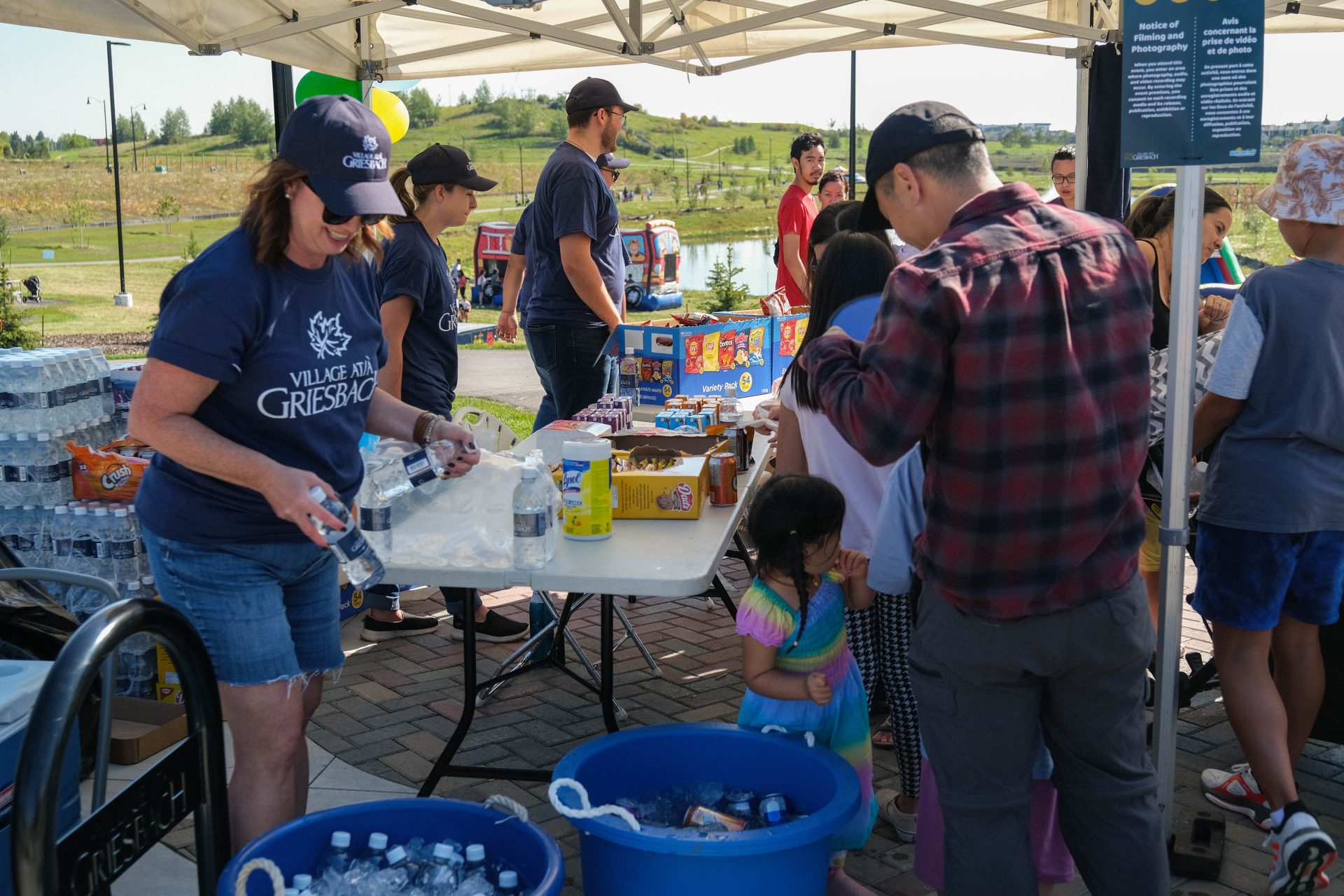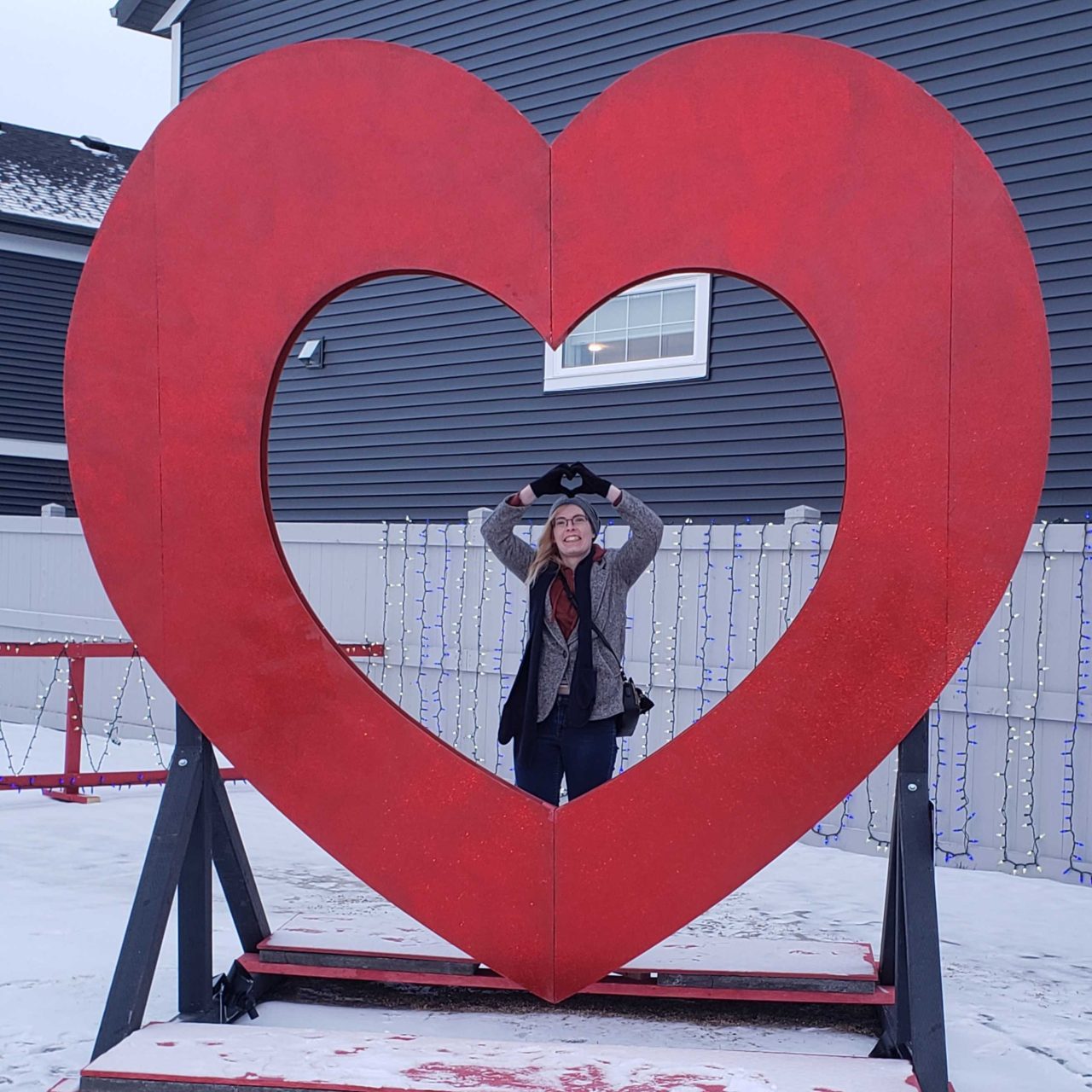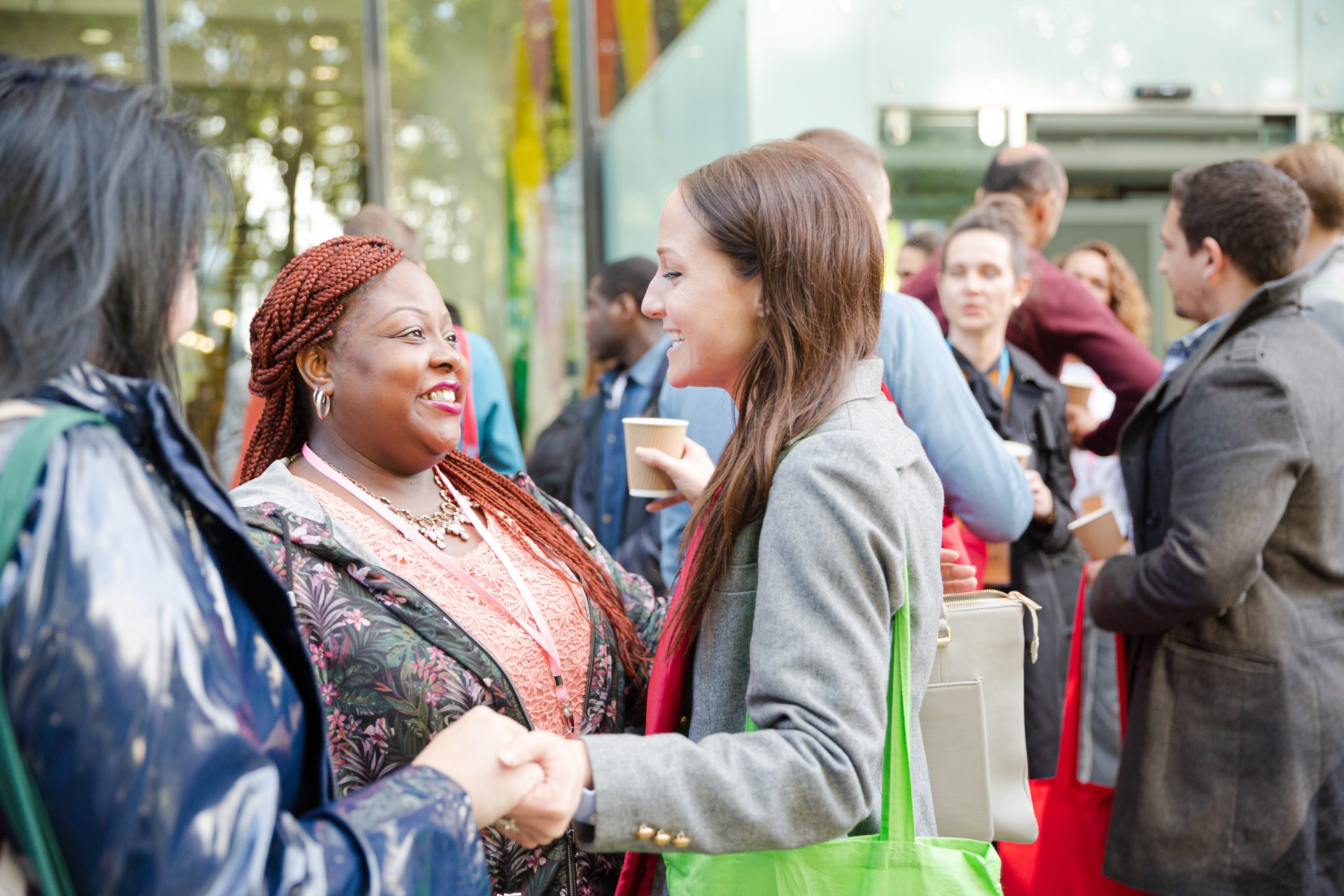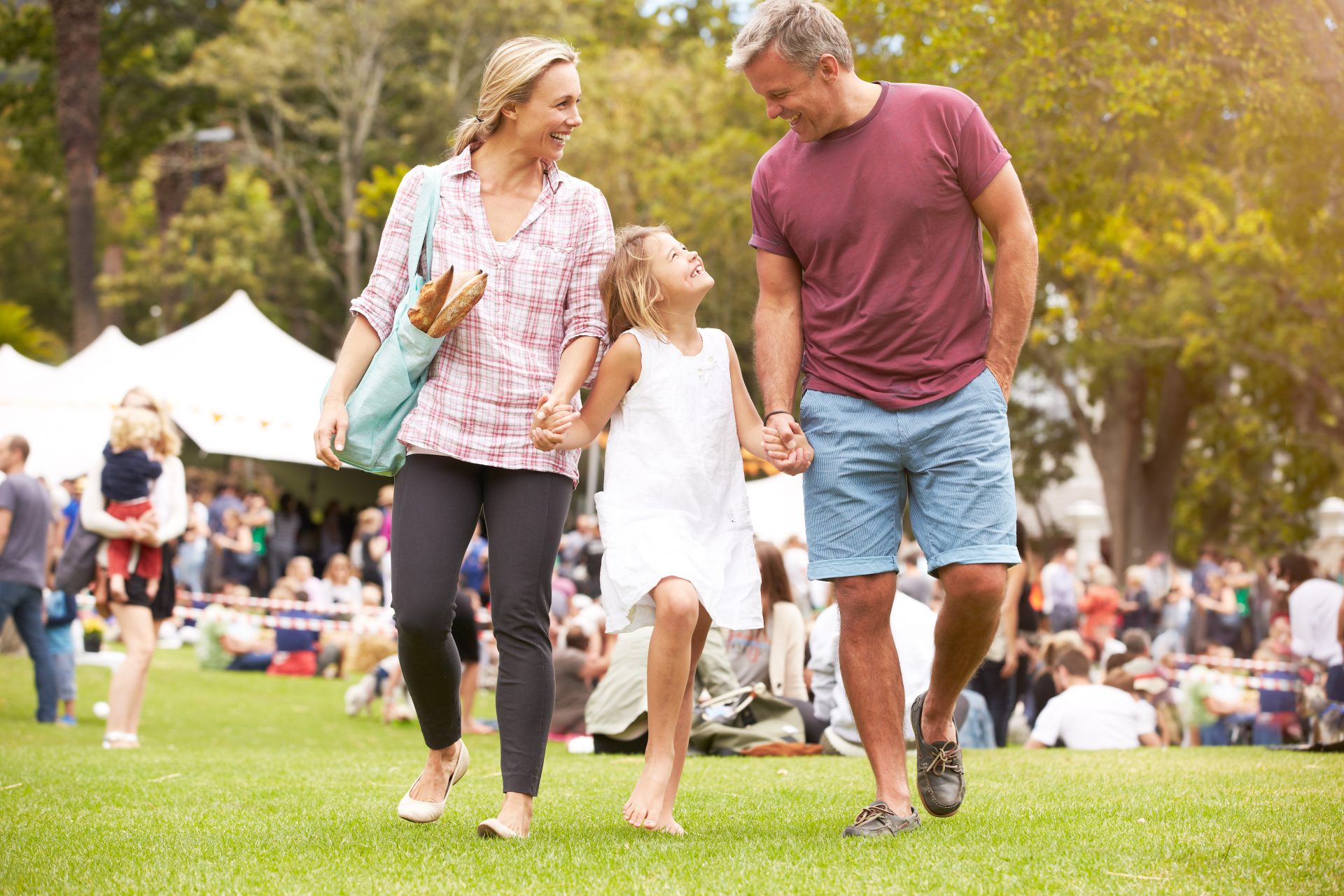Experiential marketing and event planning are an important part of marketing in the new home and development industry. It can be difficult to get people in the door of our show home or new property, so having an event where there’s food, prizes, and giveaways are a sure fire way to ensure people show home and talk to your sales team.
We’re not saying that everyone who attends a show home grand opening or a community event will be a qualified lead, but we do believe that within an event there is a ton of sales potential. If you’re interested in planning events for community, commercial development, or show home, read on!


Why are Show Home Events Important
Show home grand opening events are incredibly important as they alert a large number of people that your show home or show home parade is now open. Most of us love touring show homes as they’re beautiful examples of what a builder can do, plus they’re decorated to the nines! Putting time and effort into showcasing new show homes can bring far more excitement to visiting the show homes. Most consumers don’t choose a home builder by browsing different show homes anymore. The average home buyer is far less likely to tour different show homes as a way to figure out who they want to build their home, show home events are a great way to showcase who you are and why you’re the best builder for them. Show home events that have food, activities, and prizes are one way to get prospective buyers to your show home before they’ve decided on who they want to build their next home.
Customer Appreciation vs Sales Events
When it comes to community events, there are typically two primary goals to choose between. Is your event going to be a customer appreciation event or a sales focussed event? It’s important to decide your goal before planning the event. This is because customer appreciation events should be organized differently than if you’re planning on making sales from your event.
If you’re hosting a customer appreciation event, we would suggest having multiple, smaller draw prizes rather than a large, grand prize giveaway. When you’re planning a customer appreciation event you want to ensure as many people as possible get a chance to win something and feel excited about your community or business. Sales events, on the other hand, often benefit from large draw prizes. This is because you can use the draw prize as a lead capture, so you want to make the prize enticing enough to bring in new contacts.
Another difference between sales events and customer appreciation events is that customer appreciation events tend to be much larger than sales-oriented ones. As such, you’ll want to prepare for this in the planning and budgeting stage. With a customer appreciation event, you may want to choose smaller branded giveaways so that you can order more of them, and the same goes for food tickets. If you know you will potentially have double the people compared to a sales event, you may want to look into more affordable food options so that everyone gets something at your customer appreciation event.
A third key difference between sales events and customer appreciation events is in the messaging. If you’re creating a sales focussed event you want to ensure that the messages ask visitors to tour your show homes, talk to a sales associate, or learn more about your products. When it comes to sales events, the sales teams at your show homes should be prepared to talk the entire time, take people on tours, and offer a lot of information. On the other hand, customer appreciation events should avoid as much sales messaging. If you’re trying to show past customers how much you appreciate their business, pushing more sales down their throats would be off-putting. If you’re planning a customer appreciation event, don’t try to make it into a sales event anyways.
Both sales events and customer appreciation events are important. Not only do they bring your brand front of mind, but they show that as a business you care about people. If you’re planning an event, be sure to decide on the goal of the event first!
How Events Drive Sales
Sales-focussed events are a fantastic way to reach new and existing customers as well as generate sales. A few of the ways events can drive sales are:
- Growing a deeper connection with your customer base
- Bring awareness of your brand to new people
- Create an exciting energy that is connected to your company
- Showcase your available products in the best possible light


Sales events humanize your company and let customers know you’re fun and care about them having a nice time. There’s nothing like free food to make a customer happy and willing to chat about what you’re selling! Events also bring new customers to you in a way you might not be able to achieve through digital marketing. Ads and your website are important, but having an event brings customers to your physical location which can be an important part of making a sale. Events are also energetic and happy times, so customers who come to your event will apply that energy to your brand as a whole. You may not have face painters, mini donuts, and bouncy castles on the regular, but customers who come to your event will associate the positive feelings they had to your company. This positive energy is also applied to your products. Visiting a show home during an event brings a happier, more excited energy which is sure to rub off on prospective customers.
The energy and excitement that surrounds events is a great way to make a sale. We’ve had multiple events that have directly lead to home sales, and we believe that the fun activities and quality giveaways highlight how wonderful your community and show homes are.
How to Plan an Event
When planning an event, we typically recommend starting the planning process a minimum of three months in advance; however, four to six months is preferable. At the four to six month ahead mark, you want to plan:
- What kind of event you’re having
- What are the goals
- How many attendees are you expecting
- Figure out your budget
- Get estimates on your key items
- Determine the software/programs you may need as well as any sponsors
Around three months in advance you’ll want to start the major marketing moves like landing pages, logos and brand phrases, printed materials, etc. You’ll also want to fully book your vendors, order swag and giveaways, and pay all your deposits. Around three months in advance you’ll begin publicity and start marketing the event to a wider audience.
A month or so in advance of the event you need to confirm all vendors, ensure you have a payment plan for the final event, and continue marketing. Two weeks before the event is when your planning efforts will really need to increase. At this point you’ll be organizing all your vendors, planning payments, confirming day-of details like handouts, signage, etc.
On the day of your event, be sure to plan for at least four hours of set up time before the start of your event. We also recommend having two more people for set up than you think you need – there’s almost always extra work to be done!
Event Planning Checklist
If you’re planning an event, there’s a lot to keep track of! We’ve put together this handy event checklist that can be used for almost any kind of event! It’s incredibly detailed, but that’s because events involve a lot of planning and details! Fill out the form below to get your checklist!


CSG Will Plan Your Next Event
Event planning is not an easy feat. If you’re having an upcoming event and want professionals to take over the planning and execution instead, we have you covered! Our team at CSG are experts in event planning for real estate and development companies, and we’d love to help you bring your event vision to life. If you’re interested in having CSG plan your next event, give us a call!

